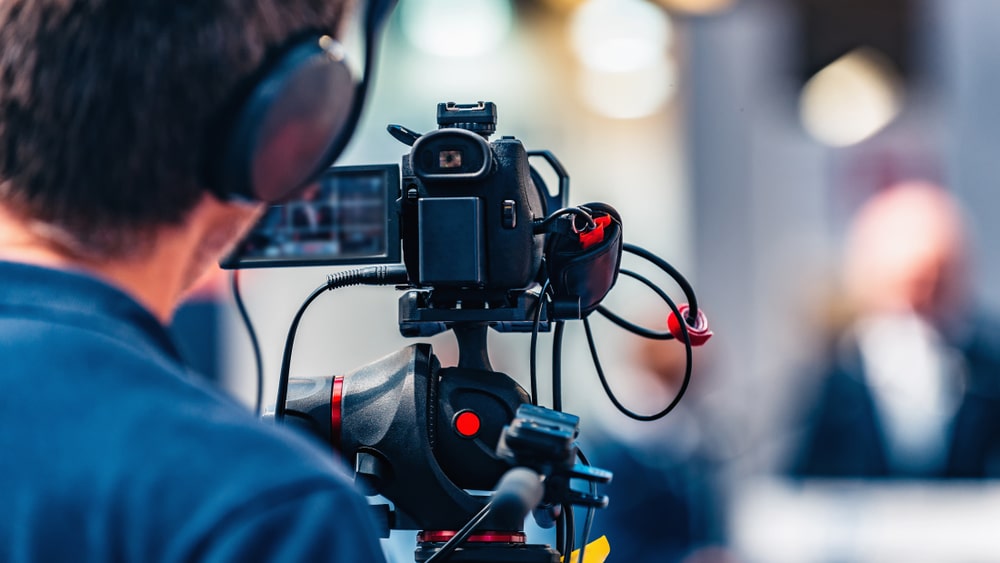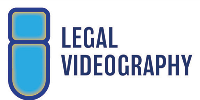Reliable Legal Videography for Capturing Detailed Evidence.
The Function of Lawful Videography in Depositions and Tests
Lawful videography has actually arised as a necessary device in both depositions and trials, offering a multifaceted approach to documenting witness testaments. As lawful specialists progressively acknowledge its value, it prompts a much deeper assessment of exactly how these visual records can affect juror assumptions and trial outcomes.
Importance of Lawful Videography
Legal videography plays a critical role in the documents and discussion of depositions and trials. This customized area integrates technological abilities with legal knowledge to develop a trustworthy record of proceedings that can dramatically influence case end results. The appearance of lawful videography enhances the understanding of witness testament, enabling jurors and judges to observe not just the spoken words yet likewise the behavior, emotions, and body movement of the witnesses.

The significance of lawful videography expands beyond the courtroom; it also plays an essential function in protecting proof for future referral, whether for charms or further lawful action. As such, its assimilation right into the legal procedure is necessary for guaranteeing a reasonable and precise representation of the realities, eventually contributing to the search of justice.

Refine of Legal Videography
While recording the nuances of depositions and trials, the procedure of lawful videography involves a number of essential steps that guarantee high-quality, accurate recordings. A professional legal videographer prepares by examining the instance products and understanding the particular demands of the deposition or trial. This prep work consists of acquainting themselves with the individuals and the context, which assists in recording pertinent details.
On the day of the recording, the videographer establishes the required devices, which usually consists of high-def cams, microphones, and correct illumination. Making sure optimum angles and audio high quality is vital, as it straight affects the efficiency of the recording. The videographer interacts with attorneys and participants to establish protocols, ensuring that every person recognizes the recording procedure.
Throughout the deposition or trial, the videographer carefully records the proceedings, paying attention to both spoken and non-verbal signs. legal videography. This consists of catching the disposition and reactions of witnesses and lawyers. After the session wraps up, the videographer may edit the video for quality and compliance with legal criteria, creating an end product that properly shows the proceedings for future referral and usage in legal contexts
Advantages in Depositions
The unification of videography in depositions offers countless benefits that improve the overall procedure of gathering evidence. One key benefit is the capacity to catch witness testimonies with aesthetic and auditory integrity, supplying a more exact representation of the witness's demeanor, tone, and body movement. This multidimensional method permits attorneys and courts to evaluate trustworthiness better than conventional written records alone.
Furthermore, videographed depositions work as a powerful device for preserving statement. Should a witness ended up being unavailable for trial, their videotaped deposition can be played in court, making sure that their proof remains obtainable and relevant. This element significantly minimizes the threat of losing vital information that might influence case results.
In addition, using legal videography advertises far better preparation for attorneys. Examining video clip footage allows legal teams to examine and refine their techniques, recognizing toughness and weaknesses in their cases. This preparatory advantage can cause even more engaging presentations in court.
Lastly, videography improves the general professionalism of the deposition process, instilling confidence in clients relating to the thoroughness of their lawful depiction. By leveraging modern technology, lawyers can significantly improve the effectiveness of depositions.
Effect on Trials
In lots of trials, the combination of videography can substantially affect the presentation of proof and the jury's understanding. Legal videography captures witness testimonies and crucial evidence in a dynamic format, allowing jurors to involve with the product on numerous degrees. This visual element enhances the storytelling facet of a test, supplying context and psychological resonance that conventional text-based evidence might do not have.
Additionally, video recordings can serve as powerful devices for impeachment throughout cross-examination. When discrepancies arise in between a witness's previous statements and their courtroom testament, video clip evidence provides an unbiased recommendation that can persuade jurors' opinions. This immediacy and quality can strengthen the find more info credibility of an event's narrative while at the same time undermining opposing debates.
Furthermore, making use of videography can aid enhance complex details, making it much more accessible to jurors that might struggle to realize elaborate details offered entirely via verbal testament. By integrating visuals with auditory info, legal videography can boost retention and understanding, eventually influencing the jury's decision-making process. The effect of videography in trials prolongs beyond simple visual appeals; it plays a vital role in forming the lawful landscape and outcomes.
Future Trends in Legal Videography
As we look towards the future of legal videography, numerous arising patterns guarantee to reshape its function within the court room. One significant pattern is the assimilation of expert system (AI) in video clip analysis and modifying - legal videography. AI can simplify the process of recognizing key minutes in recorded depositions, enabling attorneys to quickly access appropriate material, thereby enhancing effectiveness in instance prep work
Additionally, the rise of online truth (VIRTUAL REALITY) and boosted reality (AR) innovations is expected to change exactly how jurors experience proof. By submersing jurors in a substitute setting, these technologies can provide a more profound understanding of complicated situations, causing even more educated considerations.

Moreover, the increasing index demand for remote depositions, accelerated by the COVID-19 pandemic, will likely proceed. Lawful videographers will certainly require to adapt to new software application and platforms to guarantee premium recordings in online settings.
Lastly, the growing focus on information safety will necessitate stricter methods for keeping and sharing video evidence. As the lawful landscape advances, lawful videographers should stay abreast of these fads to official website preserve their significance and effectiveness in the judicial procedure.

Verdict
In recap, lawful videography serves an important feature in the judicial process, boosting the integrity of depositions and tests. By capturing the nuances of witness testaments, this medium not just preserves necessary evidence however additionally aids in providing details efficiently to jurors. The relevance of visual paperwork in evaluating trustworthiness and facilitating cross-examination can not be overemphasized. As technology remains to advance, lawful videography is poised to additional change its duty within the legal landscape.